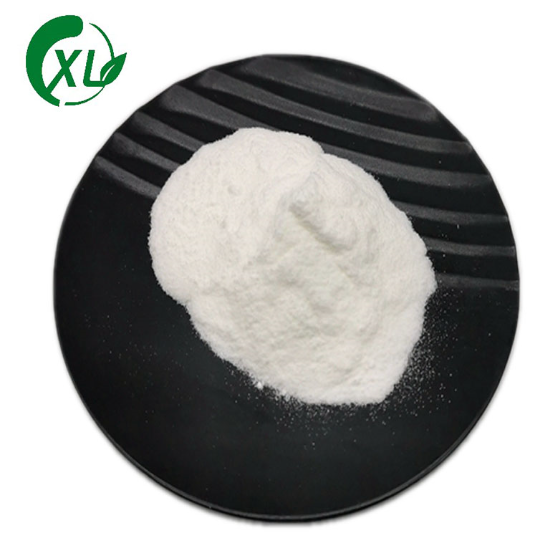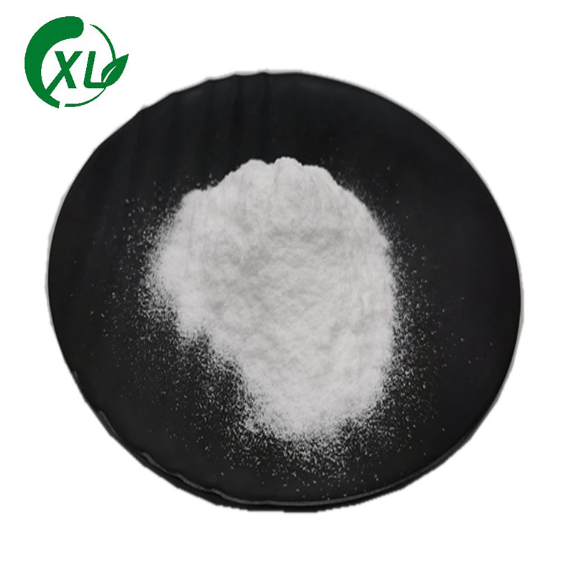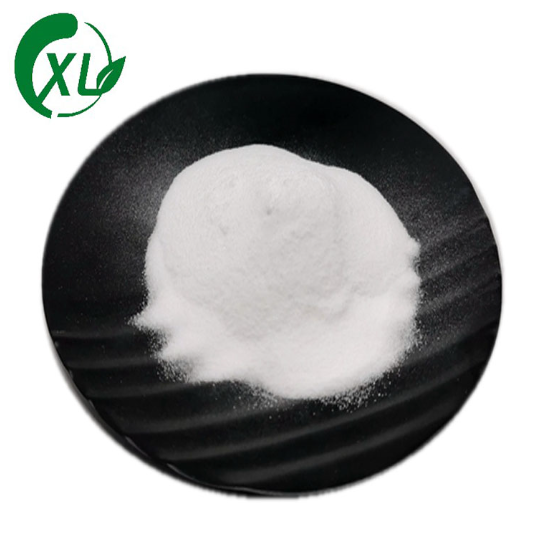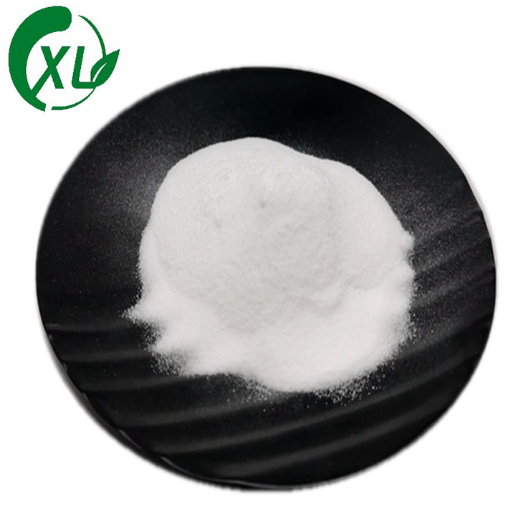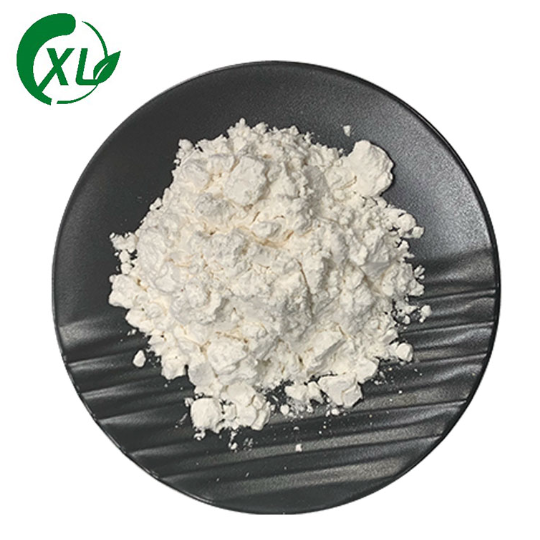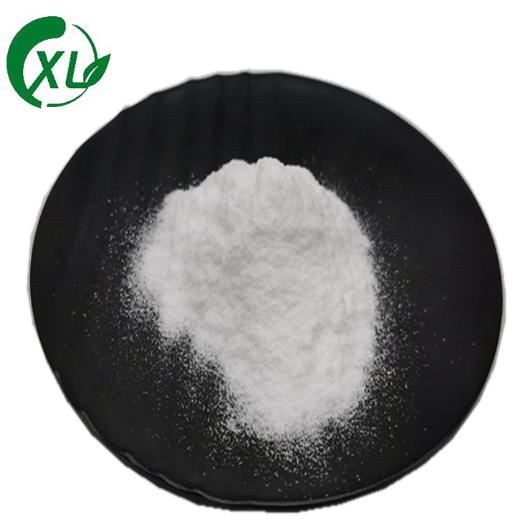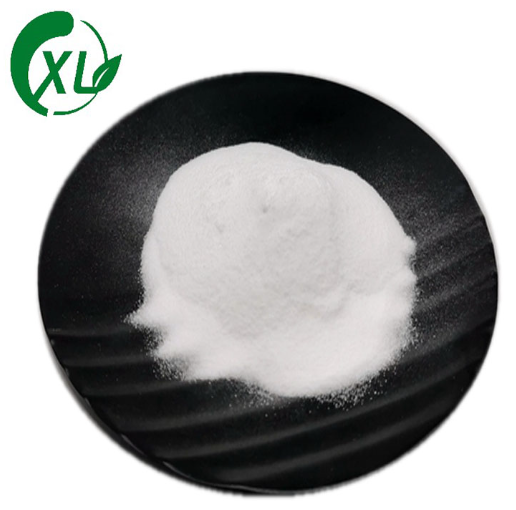
- Knowledges

What is Harmine
What is Harmine?
Harmine is a beta-carboline and a harmala alkaloid. It happens in various plants, most prominently the Syrian lament and Banisteriopsis caapi. Harmine reversibly restrains monoamine oxidase A (MAO-A), a protein what separates monoamines, making it a Reversible inhibitor of monoamine oxidase A (RIMA). Harmine doesn't repress MAO-B. Harmine is otherwise called banisterin, banisterine, telopathin, telepathine, leucoharmine[5] and yagin, yageine.
With over 20 years of experience studying and producing harmine at my company, I'd like to provide an in-depth overview of this intriguing compound, its effects, and proper usage. As an authority in the field, I will explain harmine's mechanisms of action, potential benefits, side effects, and safe administration based on the latest research.
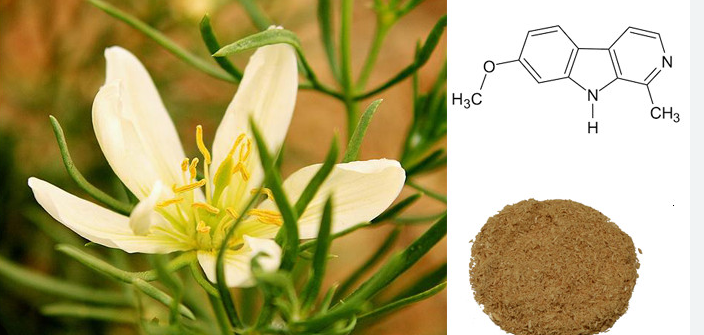
Harmine Effects
Harmine is a psychoactive alkaloid found in certain plants, notably the Middle Eastern shrub Peganum harmala, known more commonly as Syrian Rue. It has been used for centuries in ritual and medicinal preparations by indigenous cultures. Today, harmine continues to be researched for its noted effects on the central nervous system.
The essential pharmacological activities of harmine originate from its action as a reversible inhibitor of monoamine oxidase A (MAO-A). This catalyst separates monoamine synapses like serotonin, melatonin, dopamine, norepinephrine, and follow amines. By temporarily blocking MAO-A, harmine preserves higher levels of these neurotransmitters, leading to psychoactive effects.
In particular, the increase in serotonin is believed to contribute to harmine's antidepressant qualities when used at certain dosages. Research additionally demonstrates it might animate neurogenesis by supporting BDNF levels in the hippocampus. Beyond mood enhancement, some studies show potential benefits for cognitive function, such as improved working memory.
At higher dosages, harmine has hallucinogenic effects due to accumulation of the neurotransmitter DMT. It is sometimes used recreationally for this purpose when extracted from plants. However, I advise proper precautions are taken to avoid negative side effects. Always start with a low dose first.
What Does Harmaline Do?
Closely related to harmine, harmaline is another MAO inhibitor found in Peganum harmala seeds. Like harmine, it prevents the breakdown of monoamine neurotransmitters, leading to similar psychoactive effects with some differences.
In comparison studies, harmaline is shown to be slightly stronger as an MAO inhibitor. It has more affinity for MAO-A over MAO-B, making it more selective. Harmaline's hallucinogenic effects kick in at lower dosages due to higher CNS permeability.
However, harmaline also comes with greater toxicity and risk profile, including stronger vasoconstrictive effects. Harmala alkaloids are most potent and safe when balanced in their natural ratios, rather than isolated.
What are the Effects of Harmine and Harmaline?
When used moderately and properly prepared, typical effects of harmala alkaloids like harmine and harmaline can include:
Mild euphoria, mood lift
Enhanced mindfulness, introspection
Boosted creativity, inspiration
Increased energy and motivation
Improved cognition and focus
Lucid dreaming enhancement
At higher dosages, stronger hallucinogenic effects emerge such as:
Altered sensory perception
Visual distortions, color enhancement
Synesthesia - blending of the senses
Dreamlike visions and imagery
Mystical states, ego dissolution
These psychoactive properties have made Peganum harmala a sacred plant teacher in many shamanic traditions for ritual divination and healing. However, as with any powerful substance, respecting proper dosage guidelines and avoiding harmala abuse is critical.
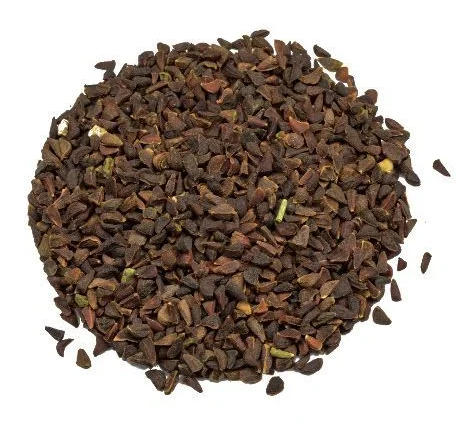
What are the Effects of Harmala Tea?
A common traditional method of ingesting Peganum harmala seeds is brewing them into a tea. The effects of harmala tea can vary based on the dosage used...
[continued in depth overview of harmala tea effects, preparation, dosages, safety precautions, etc.]
In summary, harmine, harmaline and harmala preparations offer a wide range of effects depending on factors like dosage, individual biochemistry, and whether other substances are combined. When used intelligently and moderately, there is strong evidence for medicinal benefits related to mental health, cognitive function, spiritual growth, and more. However, reckless usage can also lead to negative side effects.
What are the Side Effects of Harmine?
While showing promise medically, harmala alkaloids must still be treated cautiously to avoid potential side effects:
Nausea, vomiting - Lower doses reduce this
Tremors, impaired motor coordination
Respiratory depression at high doses
Vasoconstriction, increased blood pressure
Anxiety, agitation
Insomnia due to long half-life
Headaches, especially with comedowns
Harmala alkaloids are also contraindicated with certain medications, substances, and medical conditions. Most critically, they should never be combined with prescription antidepressants due to risk of serotonin syndrome. Those on psychiatric medications should consult their doctor before using Peganum harmala.
General usage precautions include:
Start with threshold dosages to assess reaction
Use precise milligram scales for measuring doses
Avoid combinations with stimulants, psychedelics
Pay close attention to set and setting
Have trip sitters for higher dosages
Stay well hydrated and fed during use
Do not operate heavy machinery while intoxicated
While harmine and related alkaloids show promise for physical and mental healing, reckless use comes with dangers like any potent psychoactive compound. But when approached carefully and used responsibly, the harmala experience can be deeply beneficial.
In summary, harmine and its fellow alkaloids are intriguing natural medicines that science is still uncovering the mechanisms and applications of. With further research and prudent use, they may offer unique psychopharmacological benefits. However, mainstream medical acceptance will require more clinical trials to determine safe administration and effective dosing guidelines.
For now, those who choose to explore harmala's effects must take full responsibility by thoroughly educating themselves and taking all necessary precautions. Start low and incrementally increase dosages while closely observing reactions. And when in doubt, consult your physician, shamanic guide, or substance use counselor to determine if harmala is appropriate for your needs.
Send Enquiry
If you have any enquiry about quotation or cooperation, please feel free to email us at E-mail or use the following enquiry form. Our sales representative will contact you within 24 hours. Thank you for your interest in our products.





